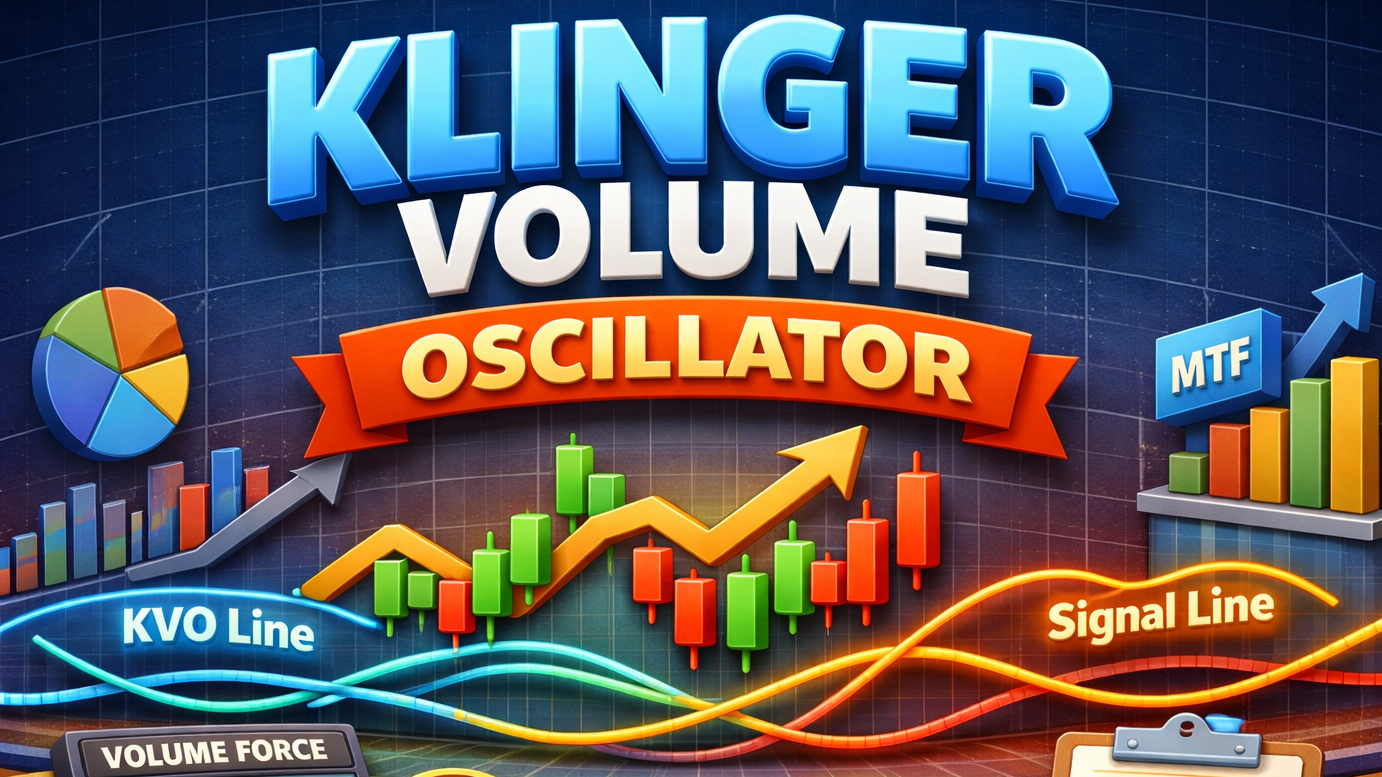Learn essential candlestick patterns to identify market trends, reversals, and strategic entry/exit points in trading.
Candlestick patterns are visual guides that help traders understand market trends, predict reversals, and identify entry/exit points. Originating in 18th-century Japan, they remain a key part of modern trading strategies. Here’s what you need to know:
Key Takeaways
- Bullish Patterns: Hammer, Bullish Engulfing, Morning Star – signal potential price increases.
- Bearish Patterns: Hanging Man, Bearish Engulfing, Evening Star – warn of possible price drops.
- Neutral Patterns: Doji, Spinning Top – indicate indecision or trend pauses.
- Core Benefits:
- Quick visual insights into market sentiment.
- Spot support/resistance levels.
- Predict trend reversals.
- Generate actionable trade signals.
Quick Comparison of Popular Patterns
| Pattern | Type | Key Feature | Best Use |
|---|---|---|---|
| Hammer | Bullish | Long lower shadow, small body | Reversal after a downtrend |
| Bullish Engulfing | Bullish | Large bullish candle engulfs bearish | Near support levels |
| Hanging Man | Bearish | Long lower shadow, small body | Reversal after an uptrend |
| Bearish Engulfing | Bearish | Large bearish candle engulfs bullish | Near resistance levels |
| Doji | Neutral | Open and close nearly identical | Signals indecision |
To make the most of these patterns, combine them with tools like RSI, moving averages, or volume analysis. Always practice disciplined risk management by setting stop-losses and limiting position sizes. On TradingView, Price Action Concepts™, Signals & Overlays™, and Oscillator Matrix™ can automate detection, save time, and improve consistency. If you prefer to validate a pattern-based strategy first, try AI Backtesting and review the Backtesting Assistant docs.
How to Read Candlestick Patterns
Candlestick Basics
Grasping the components of candlesticks is crucial for understanding price movements and market sentiment.
Parts of a Candlestick
Candlesticks represent price action through two main parts: the real body and the shadows (or wicks). You can overlay the Candlestick Structure tool to label bodies, wicks, and key signals automatically.
| Component | Description | Market Insight |
|---|---|---|
| Real Body | Range between open and close | Indicates market direction and strength |
| Upper Shadow | Distance from body to high | Shows selling pressure at higher levels |
| Lower Shadow | Distance from body to low | Reflects buying pressure at lower levels |
| Color | Green/White or Red/Black | Signals bullish or bearish movement |
By analyzing these elements, traders can interpret market sentiment based on body size and shadow length. Consider confirming patterns with Oscillator Matrix docs to gauge trend and money flow context.
Interpreting Market Sentiment with Candlesticks
- Large bodies often indicate strong momentum, while small bodies suggest indecision.
- Long upper shadows show that buyers pushed prices higher, but sellers regained control.
- Long lower shadows suggest strong buying activity after prices dipped.
- Short shadows point to price stability with limited volatility.
"Candlestick charts are a powerful visual tool that provides traders an intuitive way to understand price movements and market trends."
– Cryptopedia Staff
When a candlestick has a small body and long shadows, it often signals significant price swings and uncertainty about market direction. For deeper insights, combine candlesticks with Price Action Concepts docs or add objective Signals & Overlays for alerts.
Bullish Patterns
Bearish Patterns
Neutral Patterns
Trading with Candlestick Patterns
Pattern Recognition Tools
AI Pattern Analysis
Combining manual analysis with automated tools takes trading strategies to the next level. LuxAlgo’s AI Backtesting Assistant evaluates pattern reliability, optimizes entries/exits, and helps assess risk. Review the Backtesting Assistant documentation to get started quickly.
TrendSpider is another option, offering a platform that identifies a wide range of candlestick patterns and supports automated multi-timeframe analysis—handy for monitoring multiple markets at once.
| Platform | Pattern Recognition | AI Features | Best Use Case |
|---|---|---|---|
| LuxAlgo (TradingView) | Advanced PAC pattern detection; Signals & Overlays alerts | AI Backtesting for strategy creation | Strategy development & validation |
| TrendSpider | Extensive pattern library | Automated multi-timeframe workflows | Active charting & scanning |
| TradingView | Built-in patterns and scripting | Basic automation via Pine | Newer traders |
Plans: LuxAlgo offers a Free Plan ($0, lifetime access), Premium ($39.99/month), and Ultimate ($59.99/month, includes AI Backtesting). Choose based on your needs and the markets you trade.
Conclusion
Main Points
Candlestick patterns are a useful way to gauge market sentiment and spot potential reversals. They work best with confirmation and strict risk controls. Avoid overfitting single-candle signals—seek confluence (e.g., structure from PAC, momentum from OSC, or alert logic from S&O), and validate ideas using AI Backtesting.
Getting Started
| Time Frame | Suggested Approach | Useful Tools |
|---|---|---|
| Short-term | Practice using demo accounts | Free Plan + PAC labels |
| Mid-term | Combine with technical indicators | Premium (Signals, alerts, OSC) |
| Long-term | Leverage AI-powered analysis | Ultimate (includes AI Backtesting) |
"The game of speculation is the most uniformly fascinating game in the world. But it is not a game for the stupid, the mentally lazy, the person of inferior emotional balance, or the get-rich-quick adventurer." – Jesse Livermore
Focus on higher timeframes like 1‑hour, 4‑hour, or daily charts. Automated tools such as TrendSpider or LuxAlgo’s AI Backtesting Assistant can simplify your analysis and save time. Remember that candlestick patterns often behave differently in trending vs. range‑bound conditions; incorporate confirmation (S/R, volume, momentum) before acting.
References
- Candlestick Structure (Library)
- Dynamic Support & Resistance (Library)
- Oscillator Matrix — Reversal Signals (Docs)
- Price Action Concepts™ (Library)
- Signals & Overlays™ (Library)
- Oscillator Matrix™ (Library)
- Price Action Concepts (Docs)
- Signals & Overlays (Docs)
- Oscillator Matrix (Docs)
- AI Backtesting Assistant (Main Page)
- AI Backtesting Assistant (Docs)
- Backtesters (Overview)
- Screeners (Overview)
- LuxAlgo Pricing
- Reversal Spotting (Blog)
- RSI — Investopedia
- TrendSpider
- TradingView








